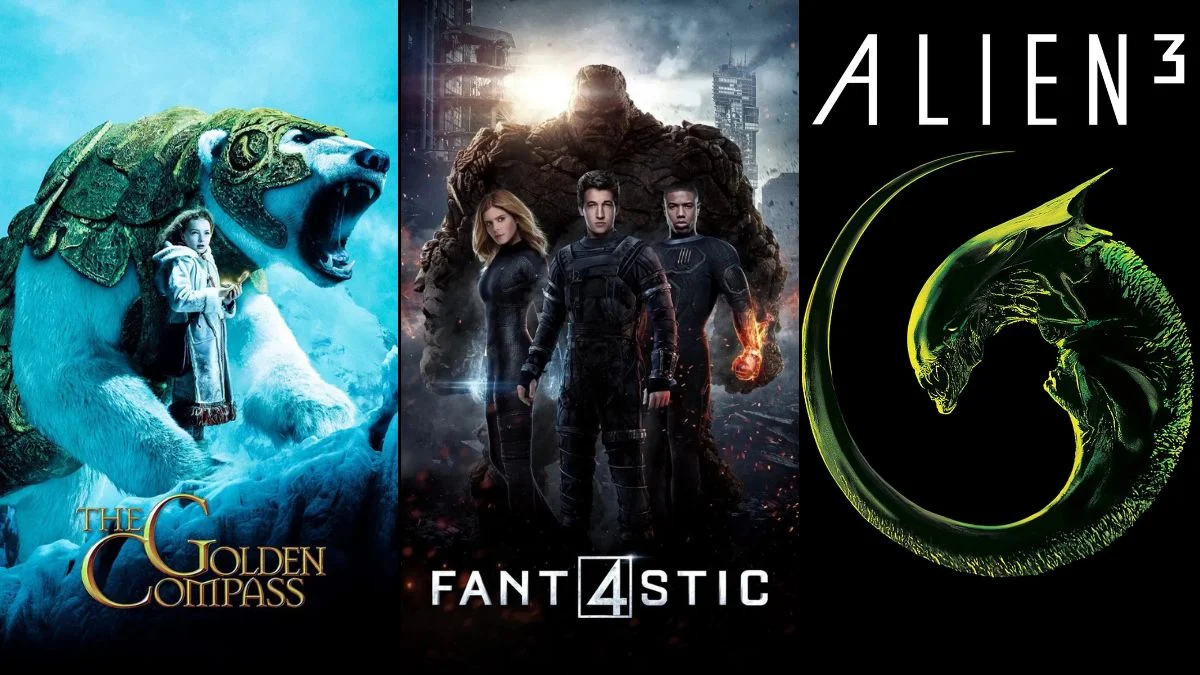
It’s common for creative movies to face conflict when studios try to make them more commercially successful. Studio bosses often step in during editing to demand changes or additional filming, hoping to attract a larger audience. Unfortunately, these late changes can create confusing storylines and an uneven feel. Many films have flopped, both with critics and at the box office, because of too much interference from the studio.
‘Justice League’ (2017)
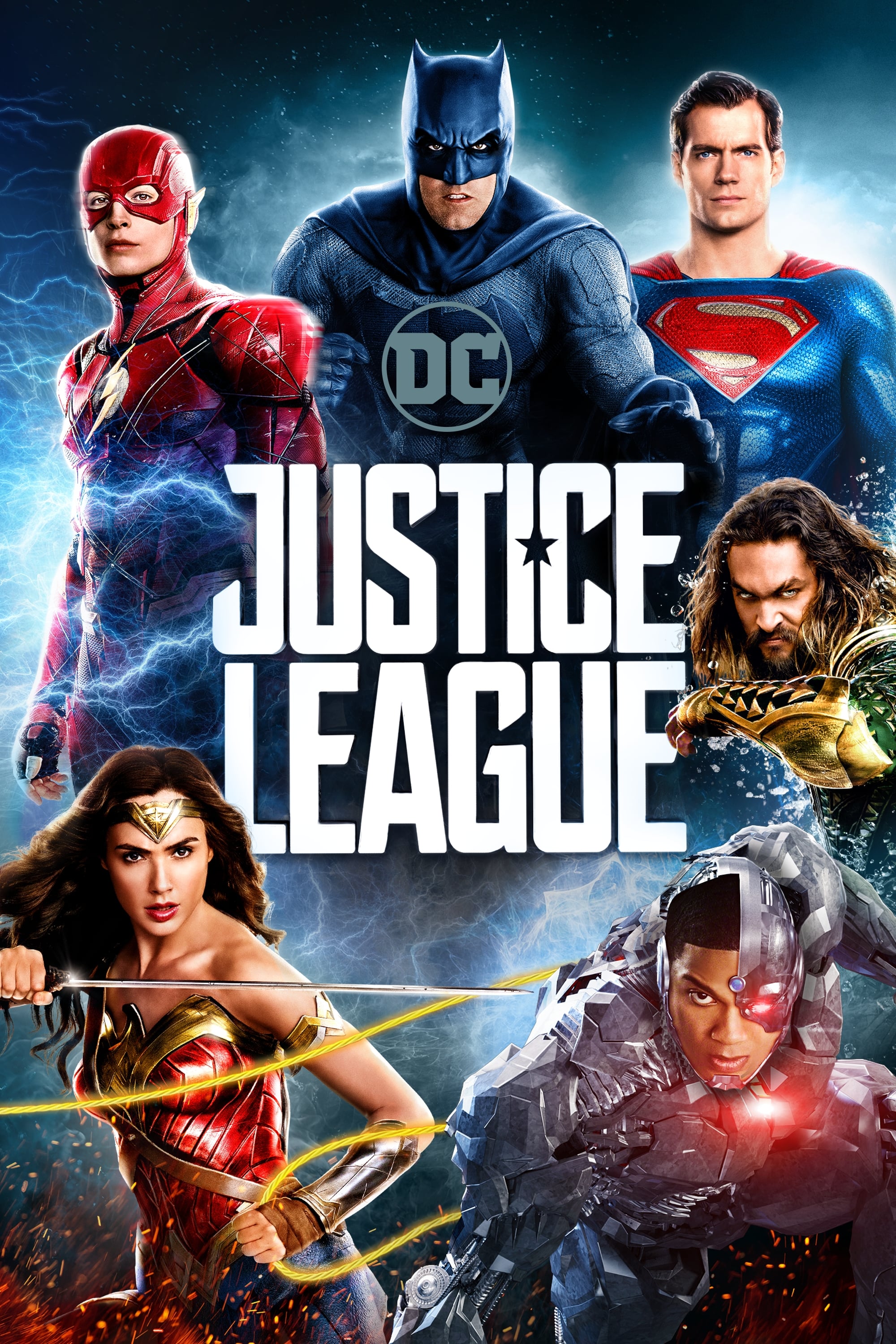
After some earlier movies in the series divided audiences, Warner Bros. wanted a different feel for this film. When director Zack Snyder had to leave during editing because of a family emergency, the studio brought in Joss Whedon to reshoot a lot of the movie. They also insisted the film be under two hours long, which meant cutting important details about the characters and story. The result was a movie that felt disjointed, like two different directors had different ideas, and it didn’t connect with viewers or critics.
‘Suicide Squad’ (2016)
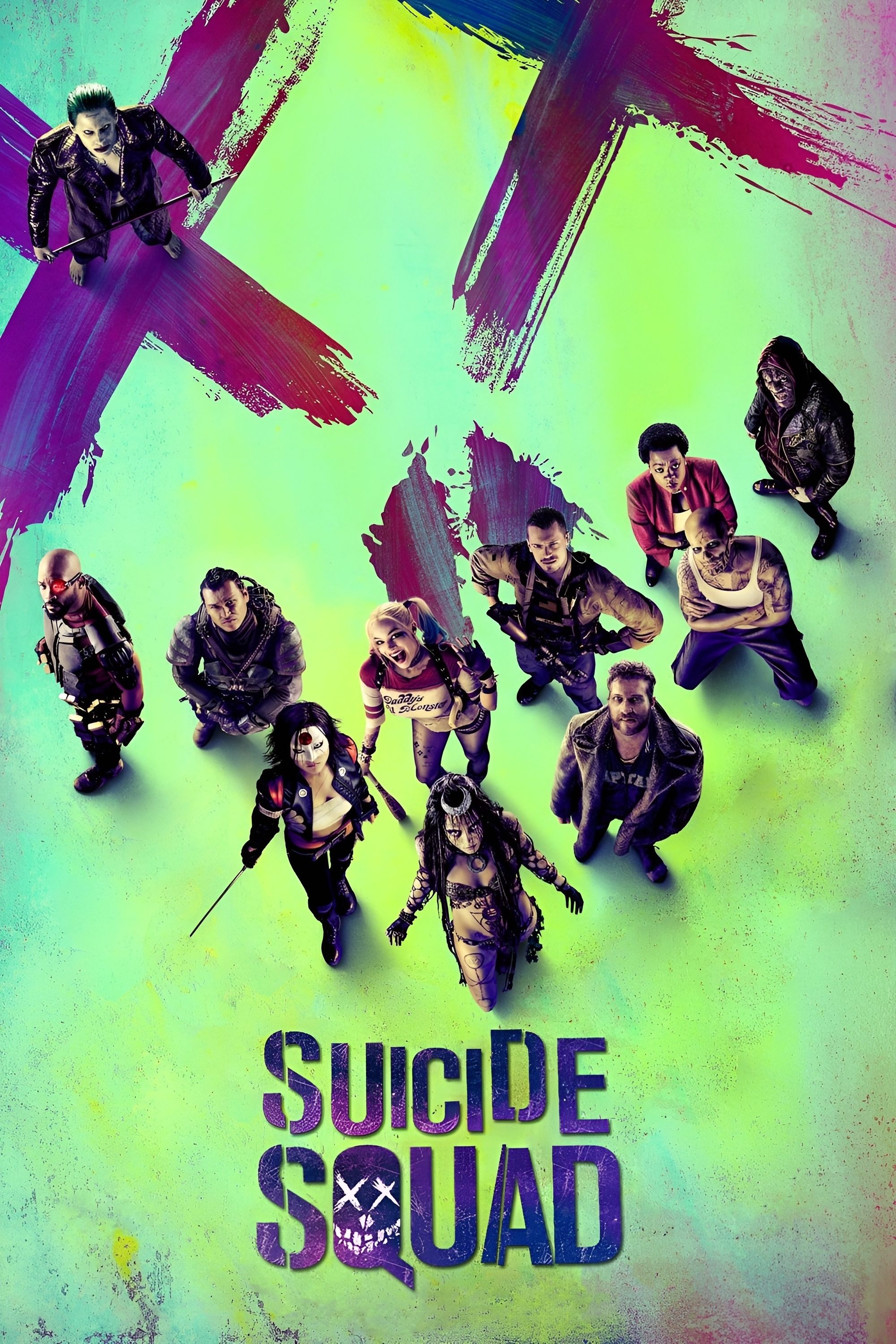
As a huge cinema fan, I was really disappointed to hear about what happened with this film. Apparently, the studio got seriously worried after some other superhero movies didn’t do so well, so they started demanding a lot of changes to make it funnier. I heard they even brought in a trailer company to re-edit things, creating a version that clashed with what the director originally intended. It ended up feeling really messy – the story jumped around, the music didn’t quite fit, and some of the characters felt a bit thin. Sadly, a lot of great scenes with the Joker were cut, all in an attempt to make the movie more lighthearted.
‘Fantastic Four’ (2015)
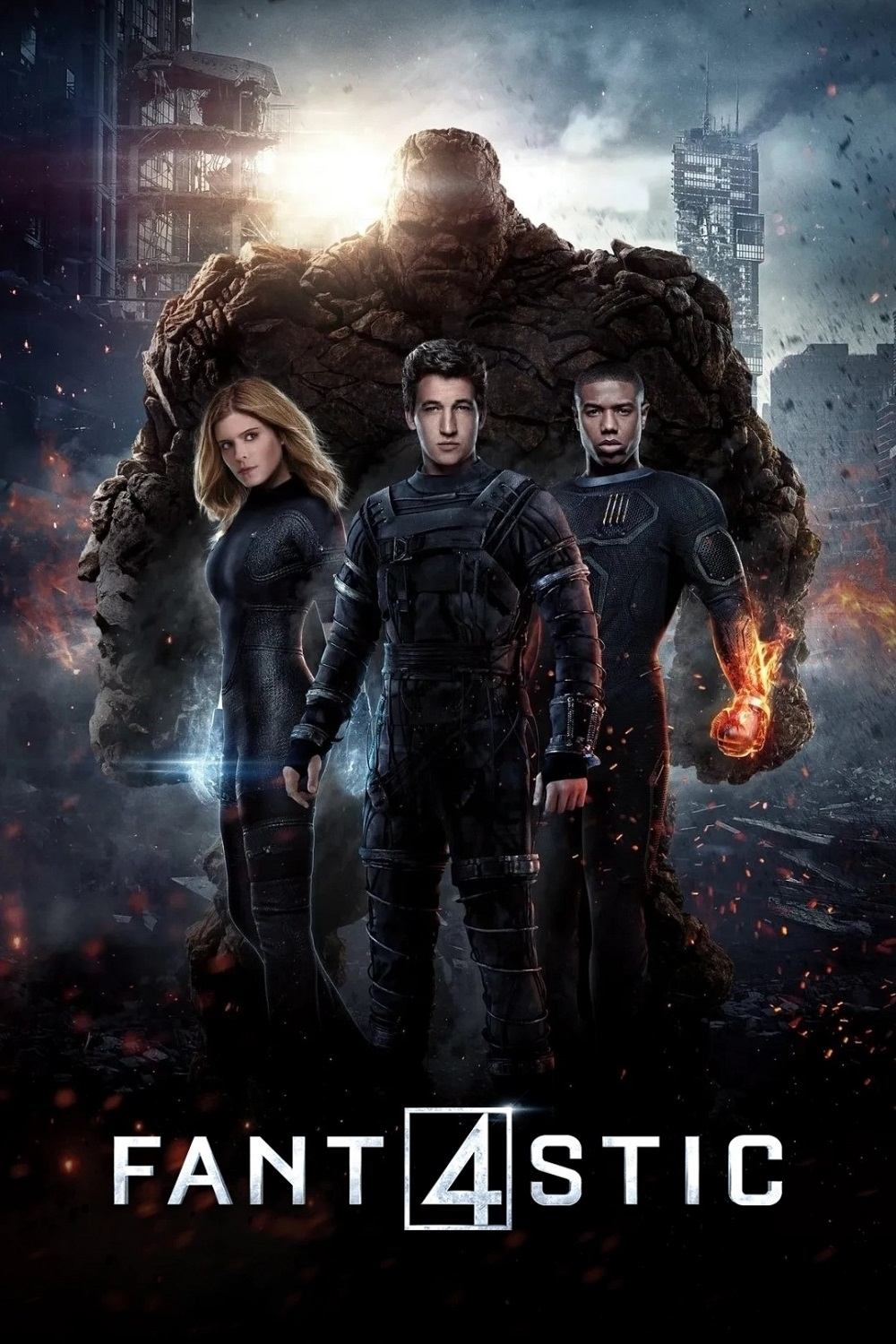
The making of this superhero film was troubled by disagreements between director Josh Trank and the studio, 20th Century Fox. Fox disliked Trank’s darker, more disturbing vision and made extensive changes to the film without his full input. These last-minute revisions caused the movie’s ending to feel tonally different and visually jarring. Ultimately, the film was unsuccessful with both critics and audiences, and the rights to the story were later returned to Marvel Studios.
‘Spider-Man 3’ (2007)
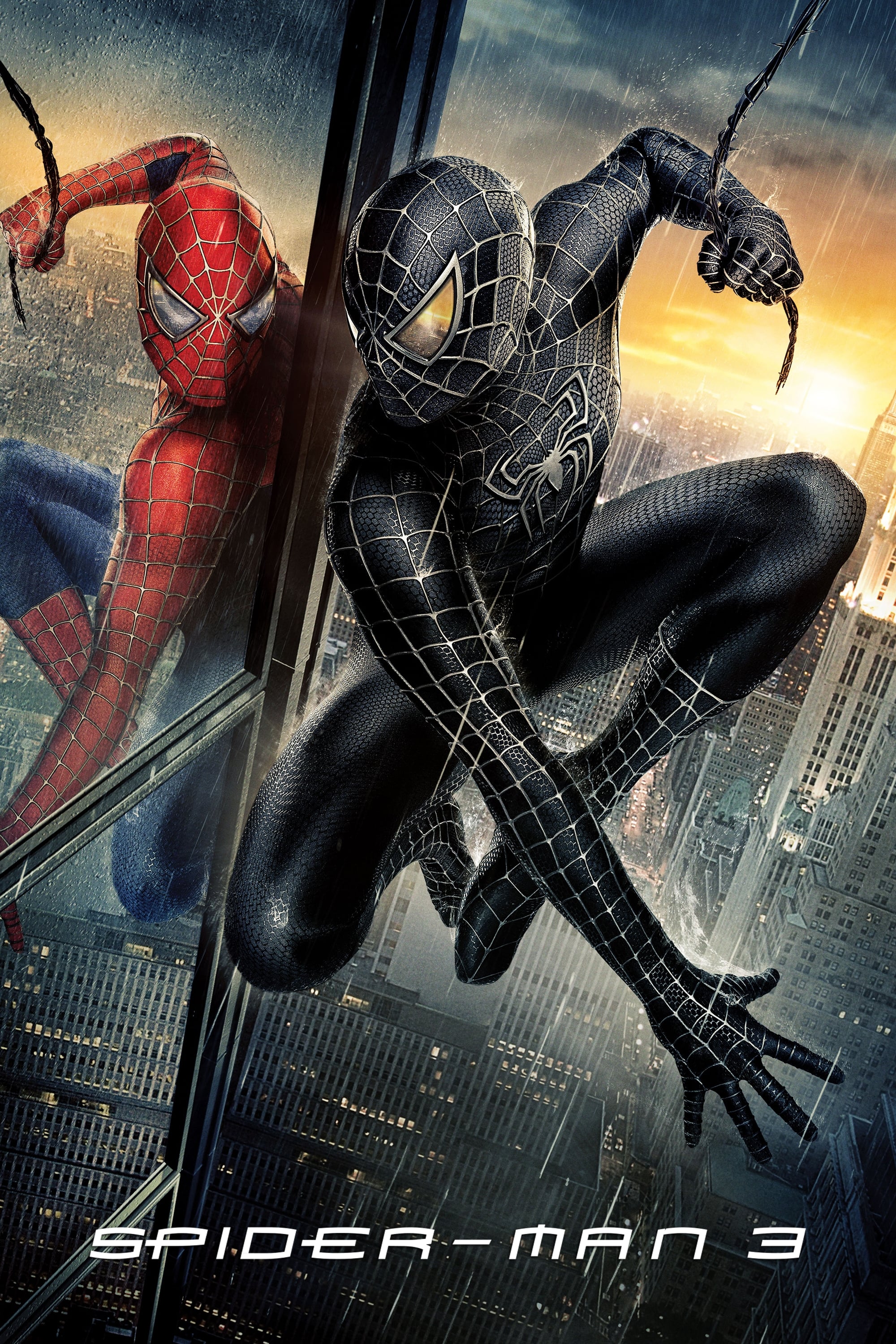
Avi Arad, a producer at Sony Pictures, insisted on adding Venom to the movie, even though director Sam Raimi preferred to highlight different villains. This meant the script had to handle too many characters and storylines. The result was a confusing plot that didn’t effectively build on the emotional connections made in earlier films. Because audiences didn’t respond well to the movie, plans for a fourth film were scrapped, and the series was ultimately restarted.
‘The Golden Compass’ (2007)
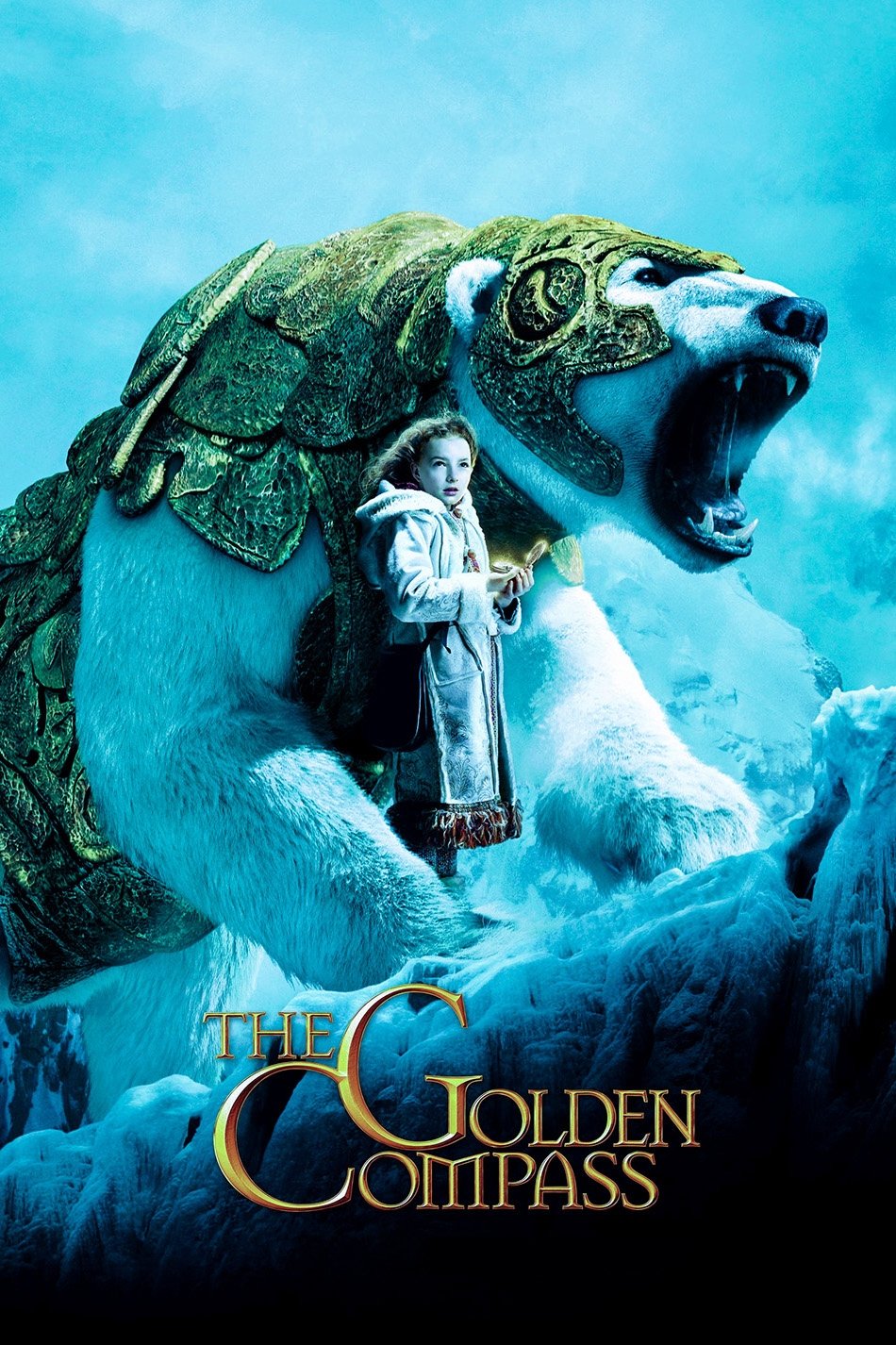
New Line Cinema altered the film to remove potentially controversial religious elements and appeal to American audiences. They also changed the ending to be more upbeat and rearranged the story’s order. While these changes were intended to broaden the film’s appeal, they upset fans of the original books and ultimately led to lower-than-expected box office numbers, causing the studio to cancel plans for future installments.
‘Alien³’ (1992)
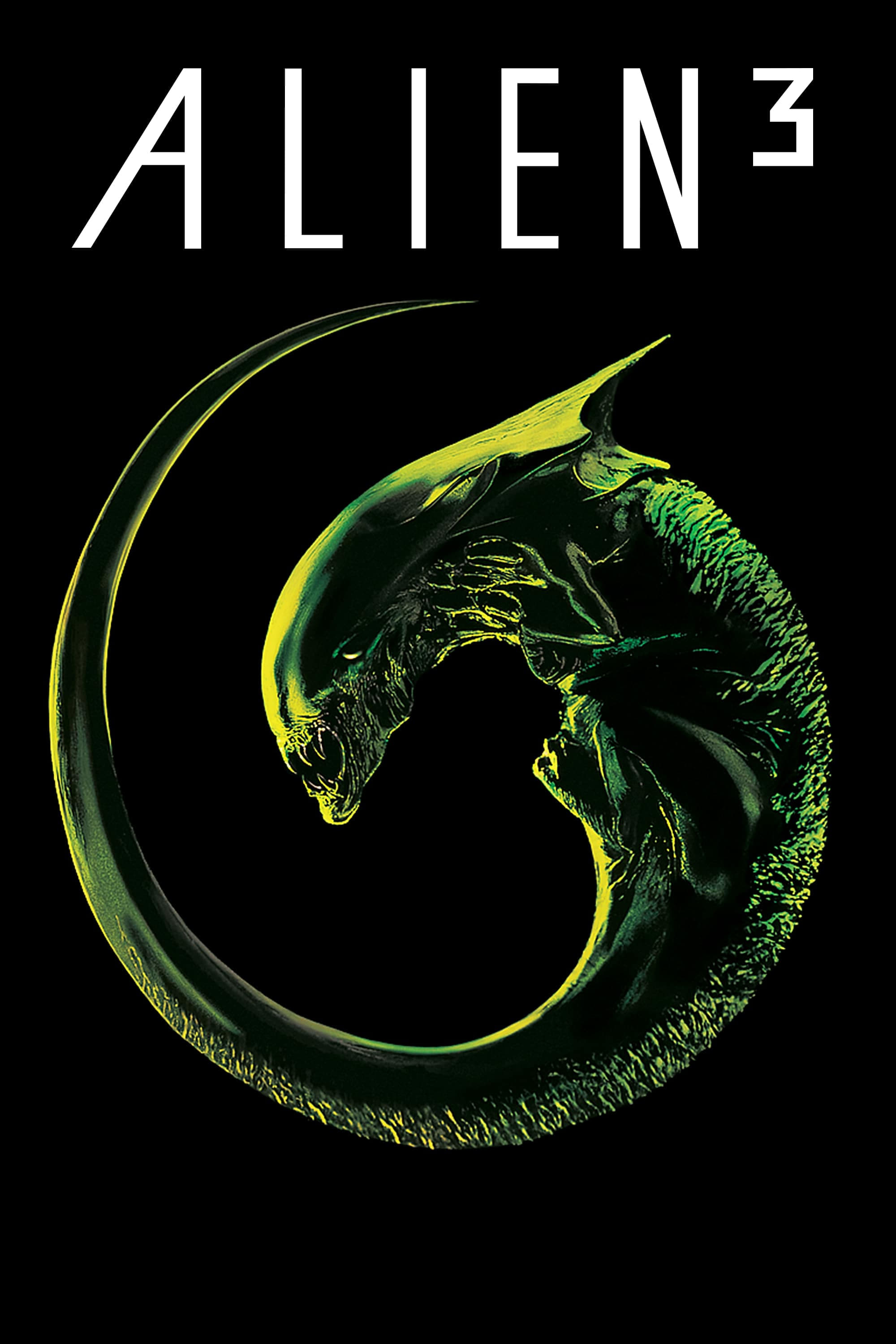
David Fincher’s first directing job was difficult, as 20th Century Fox constantly interfered with the film’s production. The script changed even as sets were being constructed, and the studio closely controlled everyday decisions. Eventually, Fincher was prevented from finishing the editing himself, as executives tried to piece together a workable version of the film. The final product was a disappointment to Fincher and received a mixed reaction from fans.
‘X-Men Origins: Wolverine’ (2009)
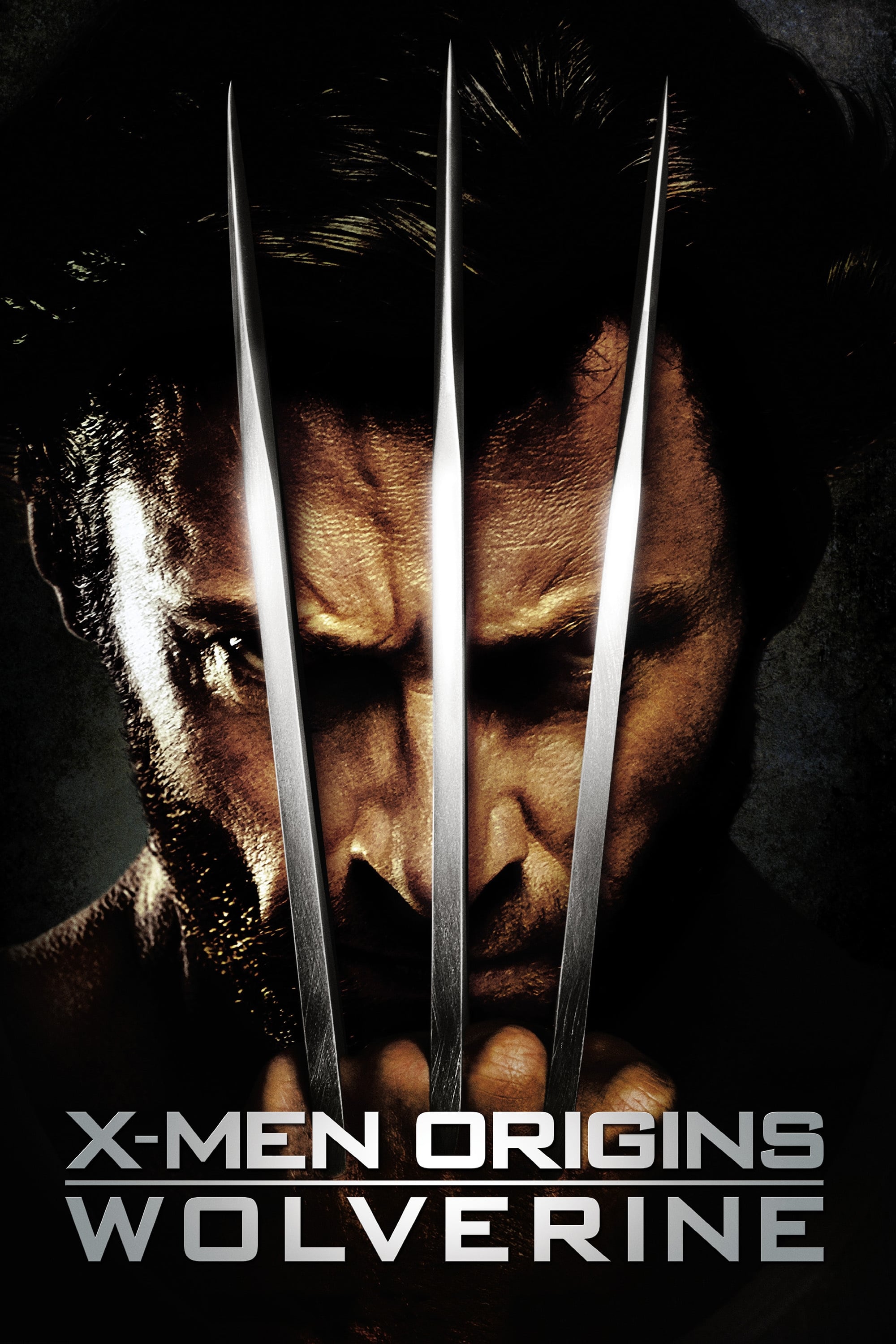
Executives at Fox closely controlled the director, Gavin Hood, and made many of the creative decisions about how characters looked and acted. The most criticized choice was sewing Deadpool’s mouth shut during the final scene, which eliminated a key part of what made the character unique. A rough cut of the film appeared online before it was released, hurting its chances at the box office. Many fans consider this movie the weakest in the series because it strayed so far from the original comic books.
‘Blade: Trinity’ (2004)
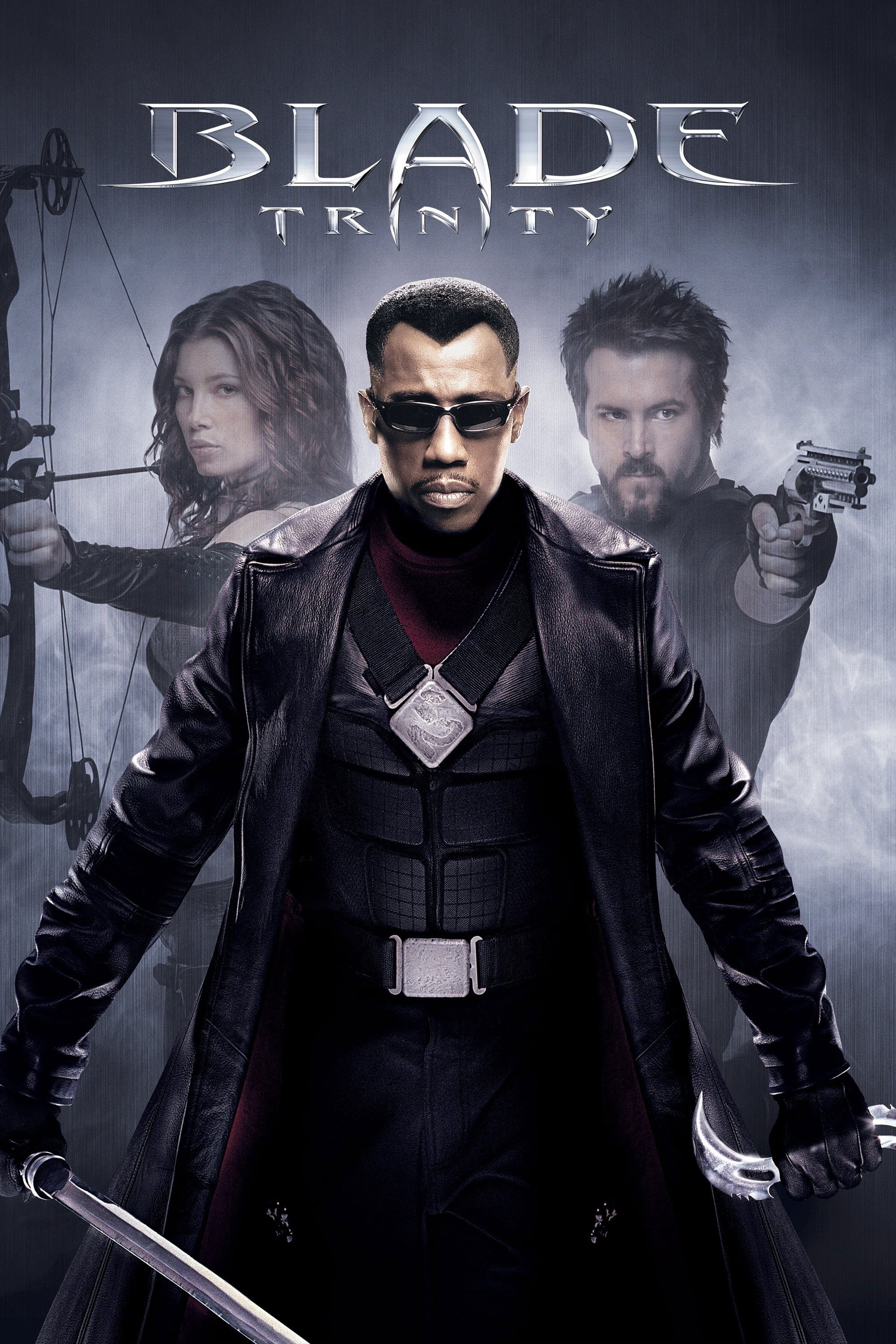
The making of the movie was difficult due to disagreements between star Wesley Snipes and the director, David S. Goyer. Studio executives wanted to add younger actors hoping to create new movies based on them. This shift in focus away from the main character and towards the supporting cast changed the feel of the series and ultimately led to the film not performing as well as previous installments, effectively ending the original trilogy.
‘The Amazing Spider-Man 2’ (2014)

Sony made this sequel mainly to start a larger series of movies featuring the Sinister Six. They required several villains and storylines that would lead to future spin-off films. Unfortunately, this focus on building a broader universe distracted from the main story and the hero’s personal journey. Because the movie wasn’t well-received by audiences and didn’t make much money, the character had to be restarted yet again.
‘Green Lantern’ (2011)
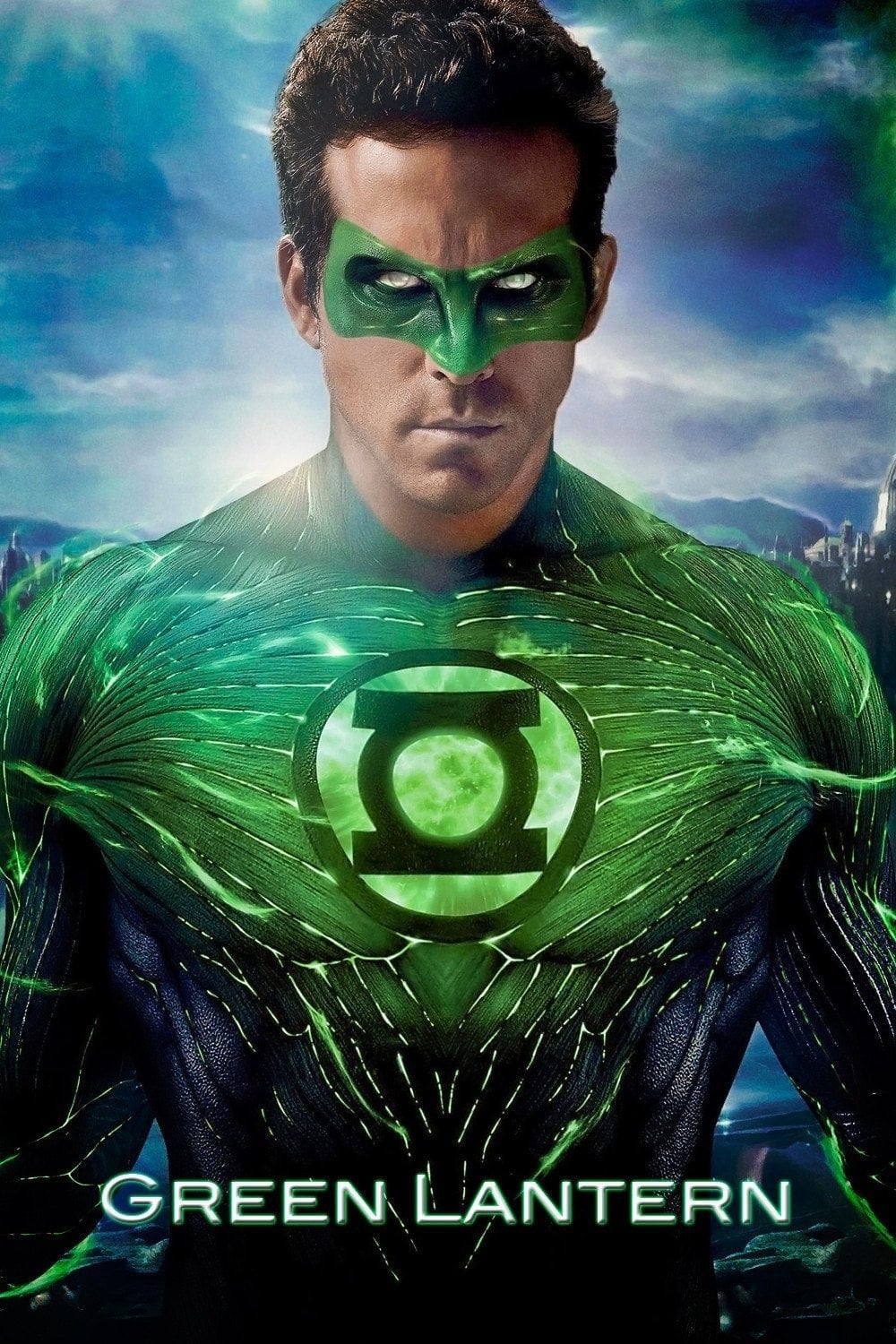
Warner Bros. tried to create another successful superhero movie, but their constant changes to the script and visual effects actually hurt the film. The story felt disjointed, as if written by many different people, and the entirely computer-generated costume looked incomplete. All the studio’s interference led to a movie that couldn’t decide if it wanted to be a grand space adventure or a lighthearted comedy. Ultimately, the film failed at the box office and put a stop to any further movies featuring this character for a long time.
‘Batman & Robin’ (1997)
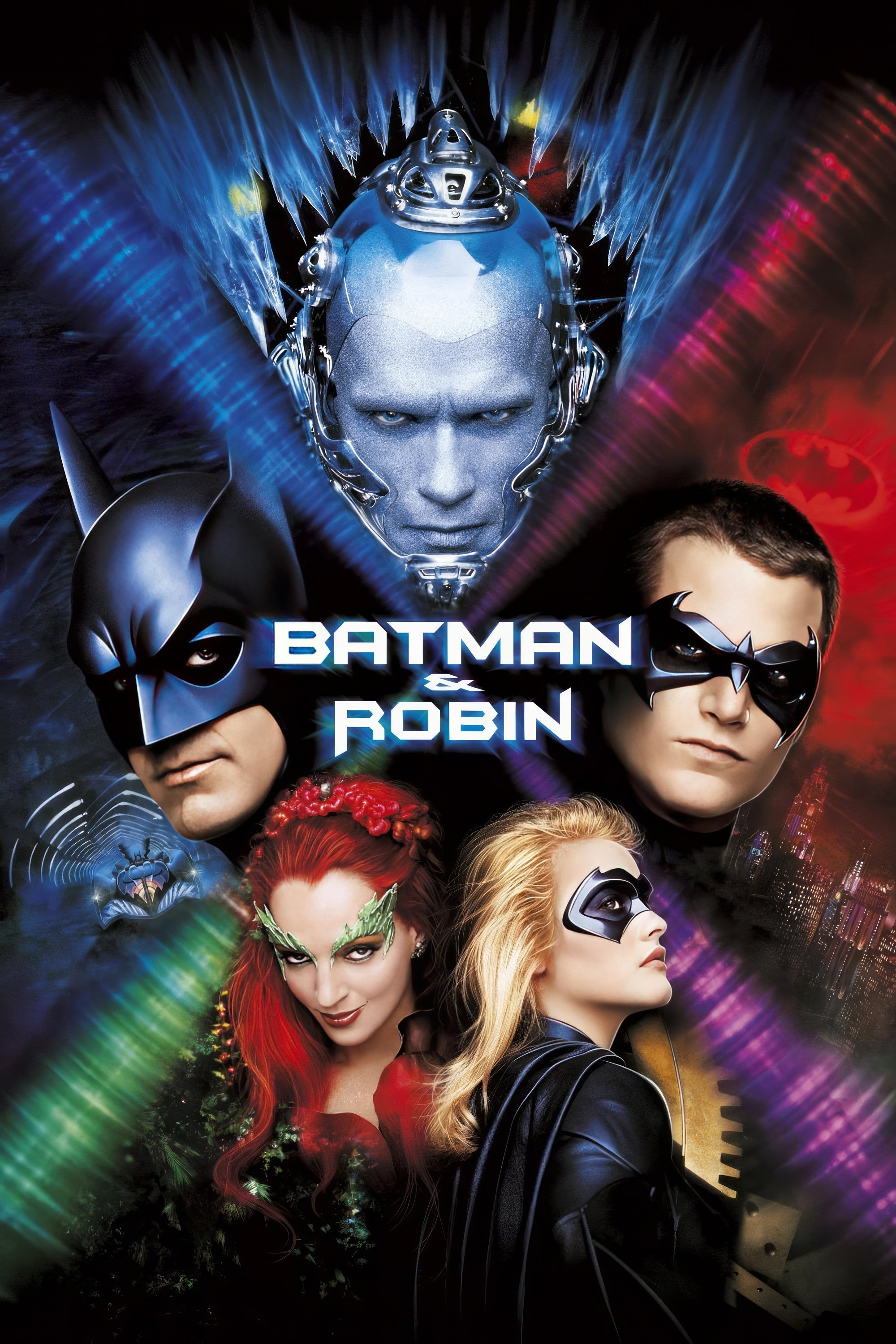
Warner Bros. wanted to make the Batman movies more appealing to families so they could sell more toys and merchandise. They asked director Joel Schumacher to focus on flashy gadgets and vehicles rather than complex characters. This led to a brightly colored, over-the-top movie with lots of silly jokes that many fans disliked. The negative reaction was so strong that the Batman film series was put on hold for eight years.
‘The 13th Warrior’ (1999)
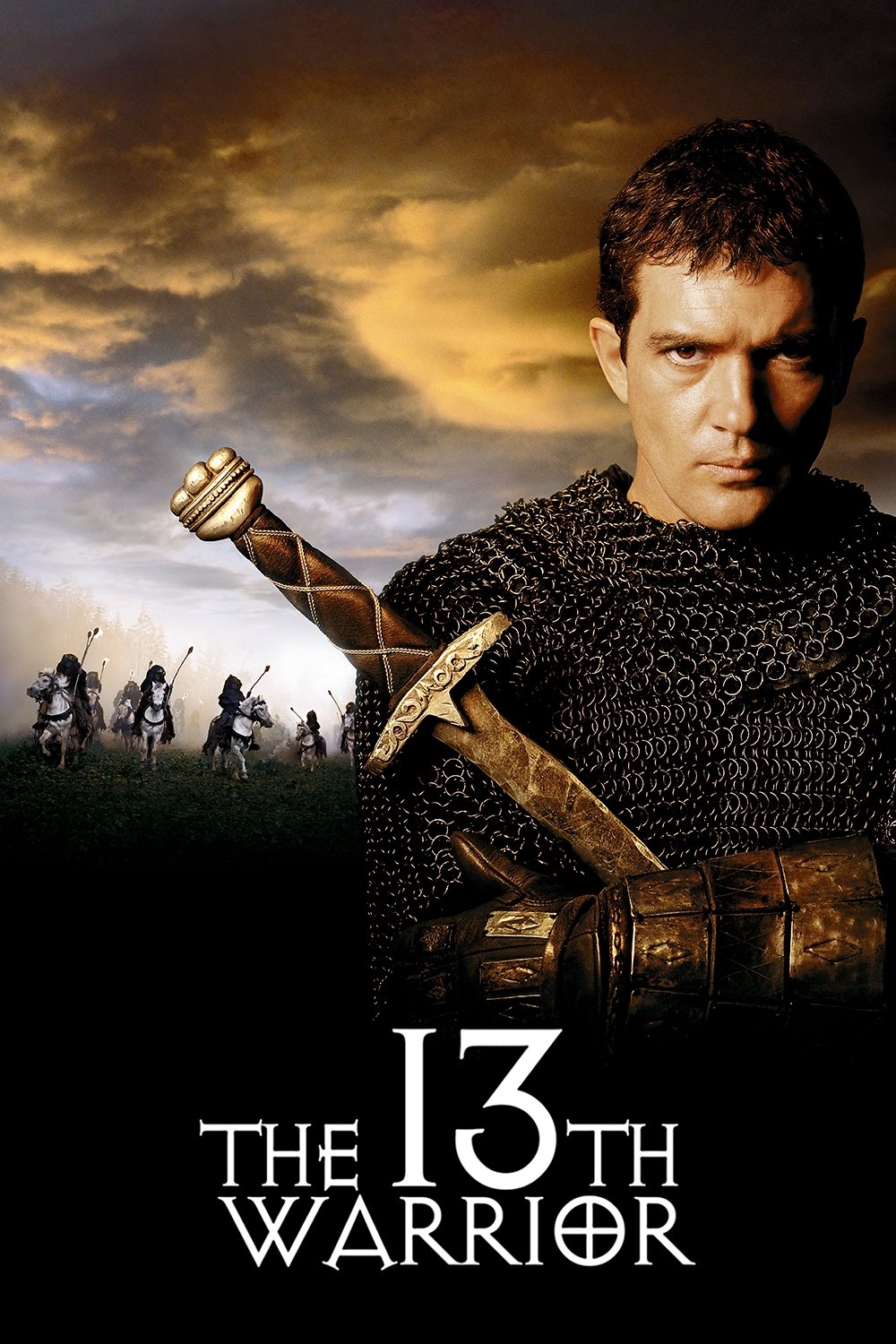
After initial test audiences didn’t respond well, the studio decided the first version of the film couldn’t be released. They brought in author Michael Crichton to direct a lot of new filming and completely re-edit the movie. The original music was scrapped, and the story was made more concise and faster-paced. All these changes were expensive and ultimately led to the film becoming one of the biggest financial failures ever.
’47 Ronin’ (2013)
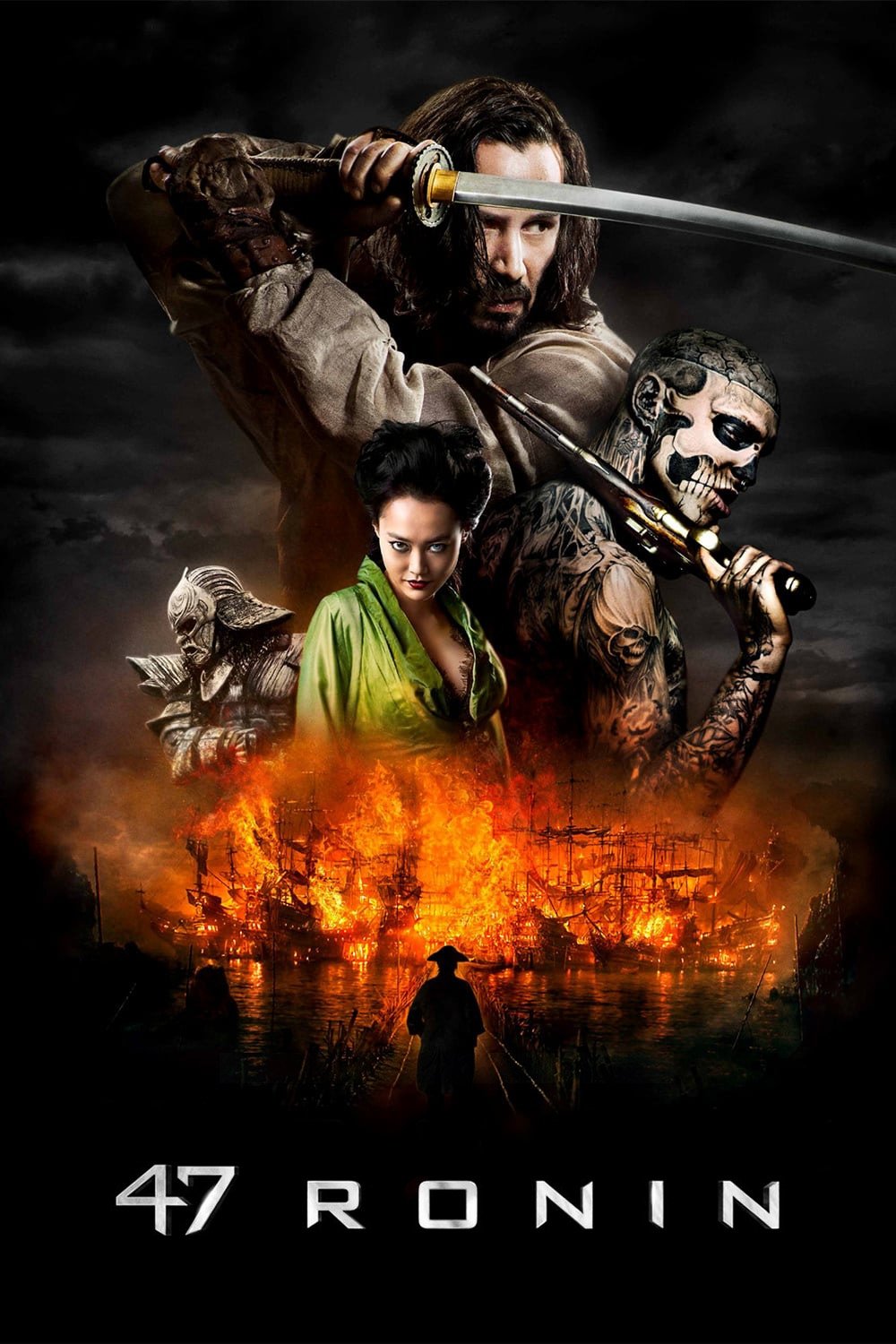
Universal Pictures took the director, Carl Rinsch, off the project while editing because the movie’s costs were getting too high. The studio then decided to highlight the fantasy aspects and Keanu Reeves’ role more than the Japanese actors, which didn’t fit the original samurai story and resulted in a confusing film. Ultimately, the movie didn’t earn back its large production costs and critics didn’t like its slow and uninspired plot.
‘The Island of Dr. Moreau’ (1996)
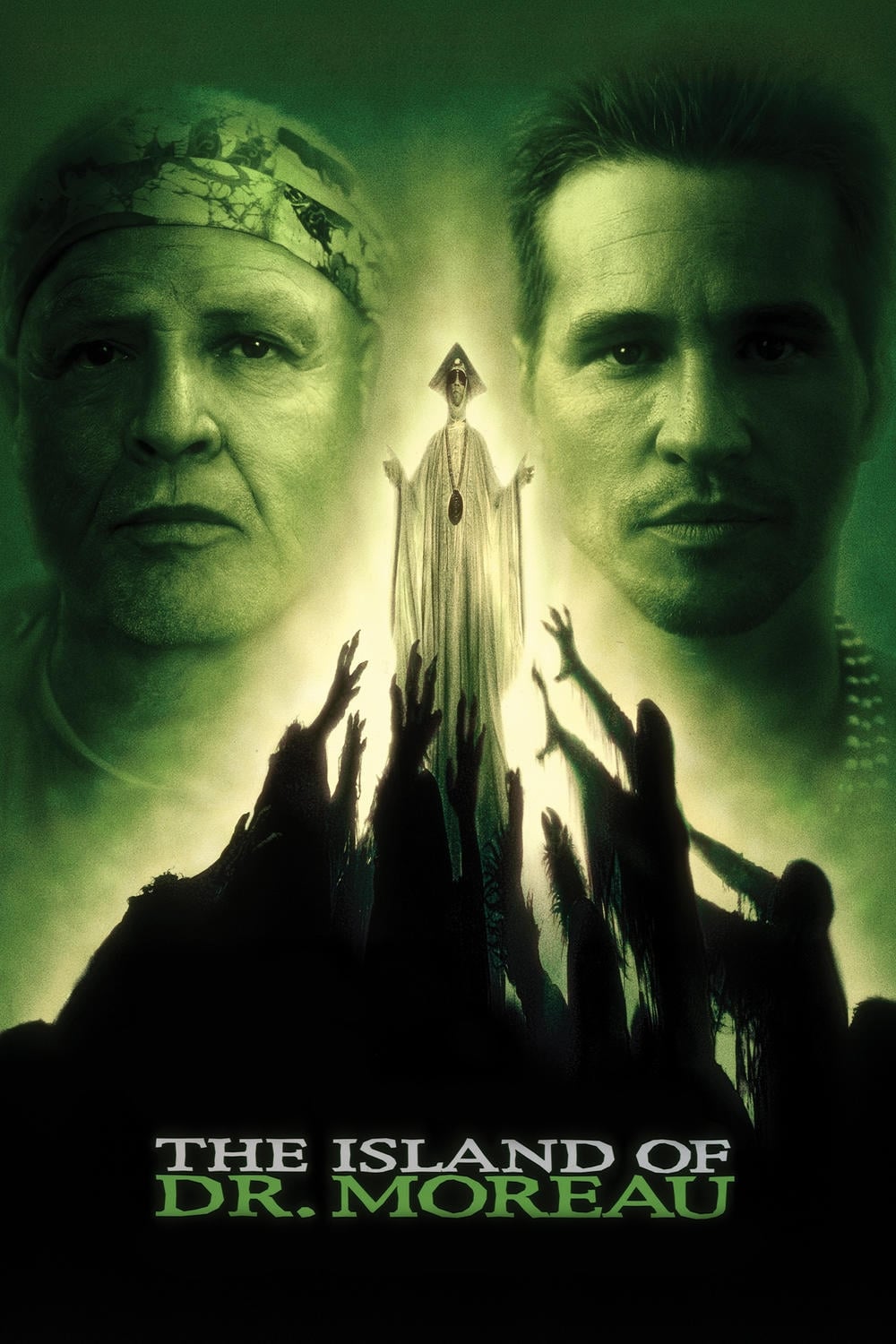
As a film buff, I’ve always been fascinated by troubled productions, and Batman Forever is a prime example. It’s notorious for how things fell apart behind the scenes. They actually fired the original director, Richard Stanley, very early on and brought in John Frankenheimer to try and salvage things. But it quickly became a real mess – the studio was constantly trying to manage the strong personalities of Val Kilmer and Marlon Brando, and the script was being rewritten daily to appease everyone. Honestly, the final film is often considered a disaster – it just doesn’t make a lot of sense, and the performances are… well, let’s just say they’re unique.
‘Super Mario Bros.’ (1993)
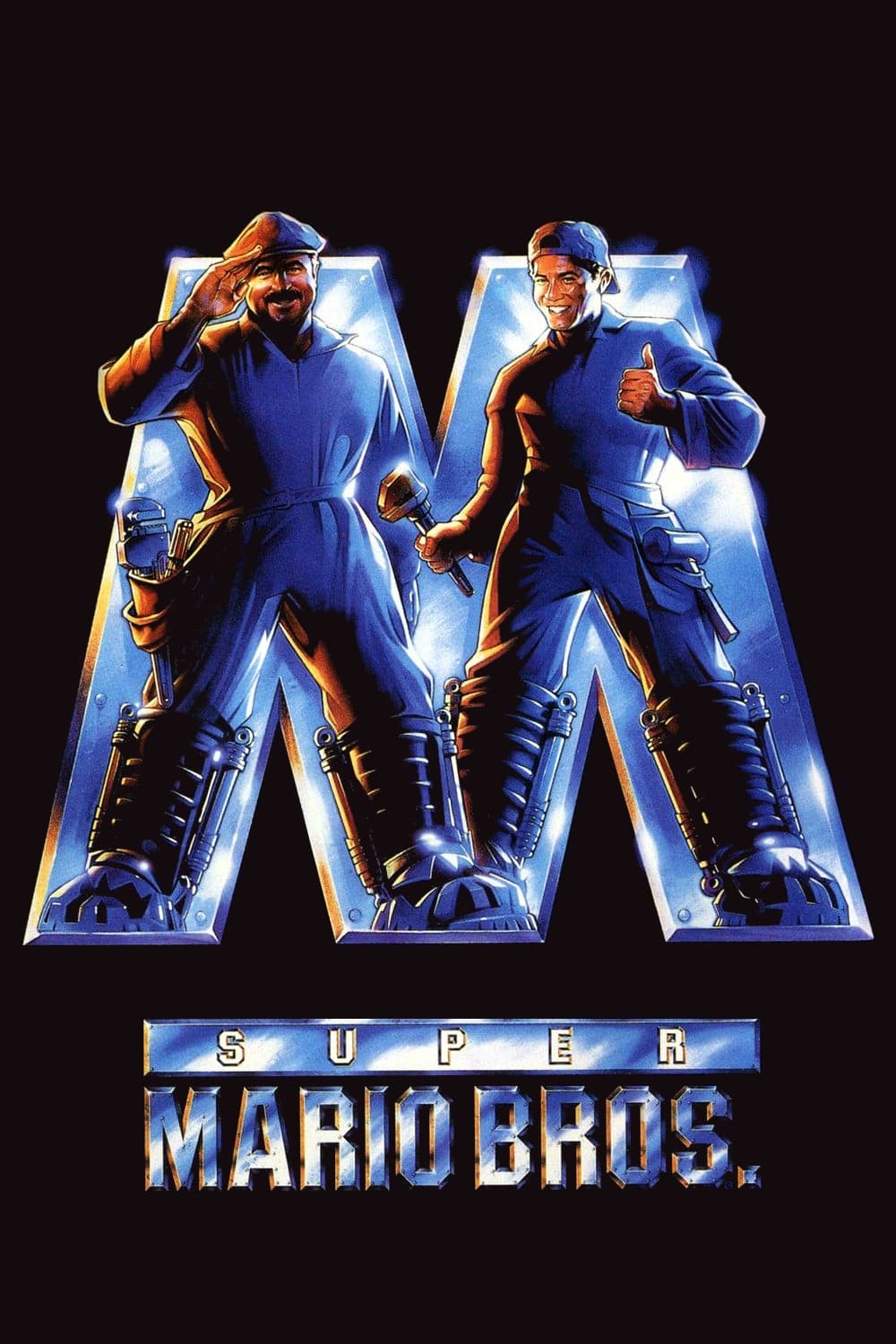
The filmmakers envisioned a gritty, cyberpunk take on the video game, but the studio preferred a family-friendly adventure. This clash led to producers taking control of the editing process and repeatedly requesting script revisions during filming. The resulting movie was inconsistent, swinging between mature content and silly jokes. Ultimately, it didn’t satisfy fans of the game or appeal to a broad audience, leading to poor performance in theaters.
‘The League of Extraordinary Gentlemen’ (2003)
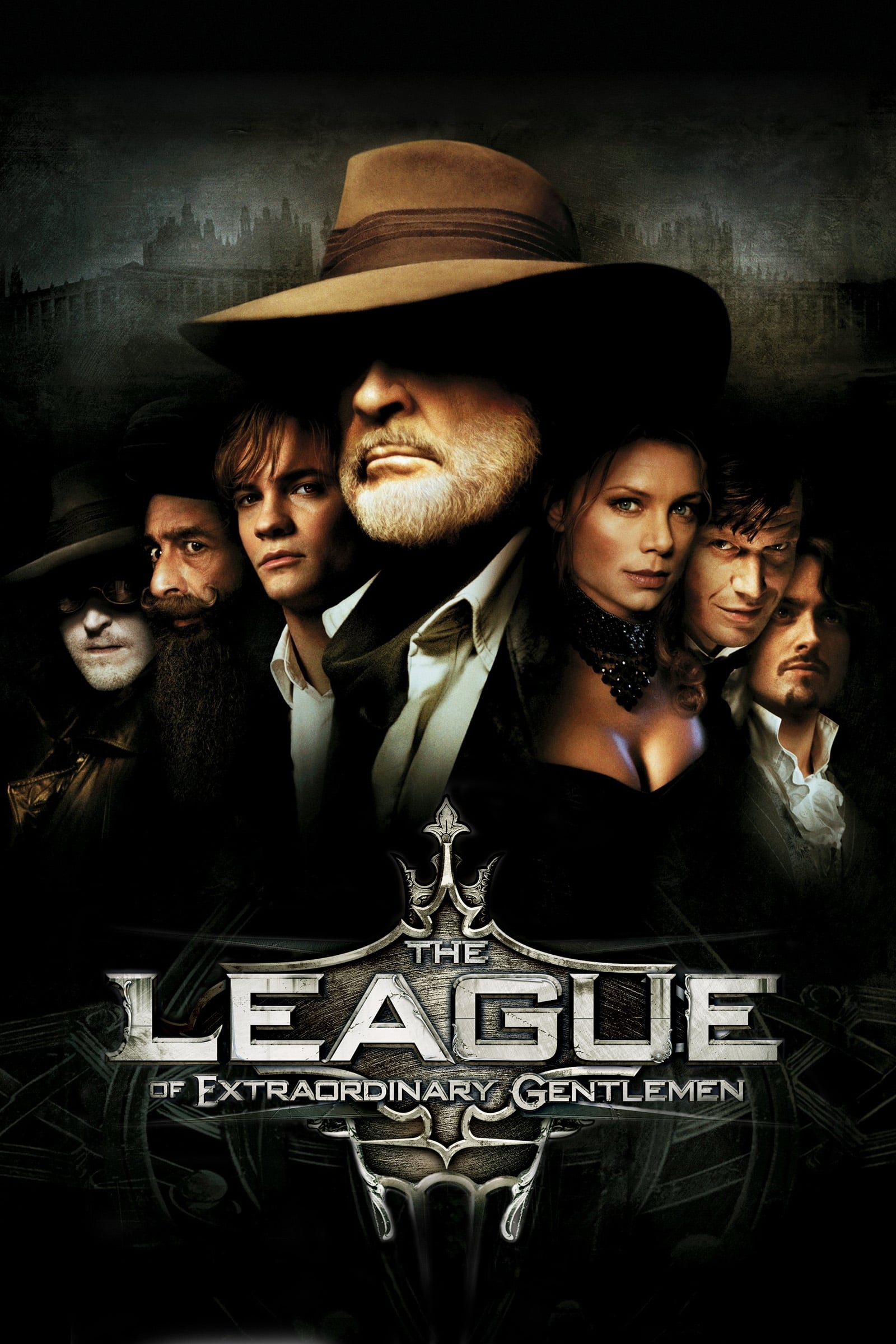
20th Century Fox pushed director Stephen Norrington hard to create a big summer hit, even though the film was behind schedule. This interference from the studio caused tension between Norrington and star Sean Connery. Fox wanted a more fast-paced movie with more action, which meant less focus on developing the characters. The difficult experience working on the film ultimately played a part in Sean Connery’s decision to stop acting.
‘Jonah Hex’ (2010)
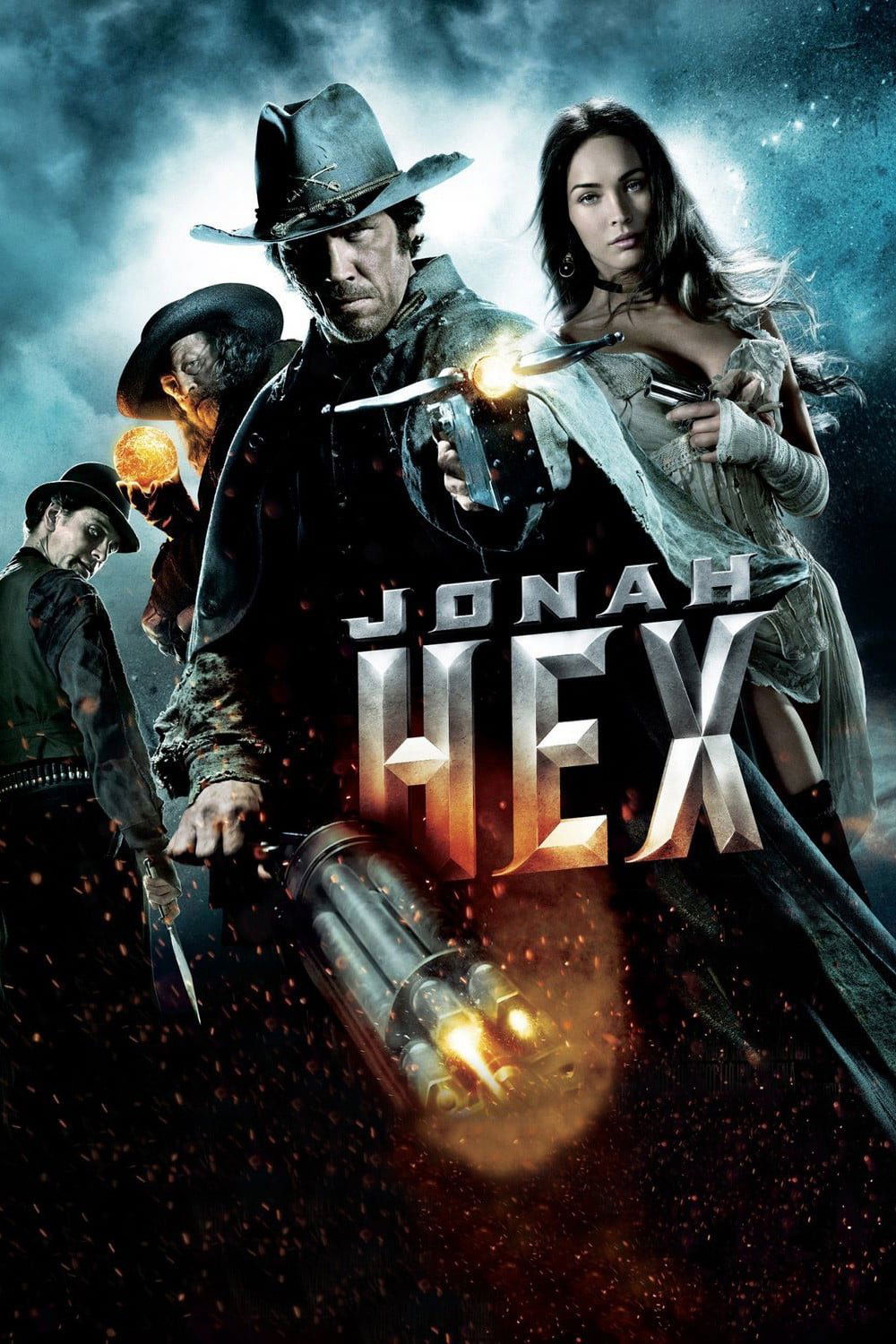
Warner Bros. wasn’t happy with the first version of the movie, so they asked Francis Lawrence to film additional scenes. They then heavily edited the film, cutting it down to around eighty minutes to allow for more showings each day. This aggressive editing made the story confusing and removed important supernatural elements. The film received terrible reviews and is often cited as one of the poorest comic book movies ever made.
‘Babylon A.D.’ (2008)
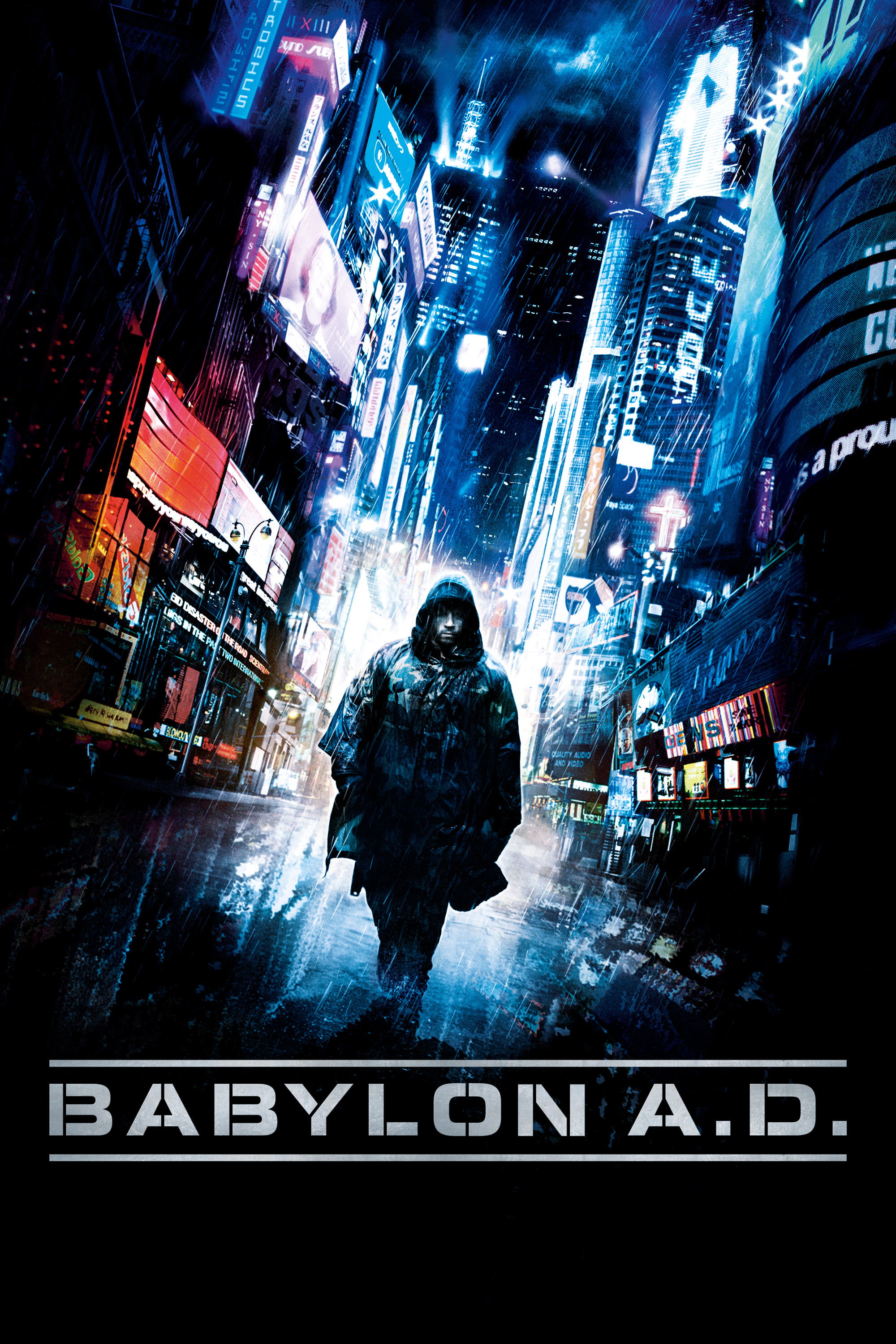
Director Mathieu Kassovitz was very critical of 20th Century Fox, claiming the studio controlled every aspect of making the film. They made him shorten it to get a PG-13 rating in the US, which meant cutting important scenes that explained the characters’ actions and the story’s world. Kassovitz ultimately rejected the final cut, and critics widely disliked it because the plot was difficult to follow.
‘Catwoman’ (2004)
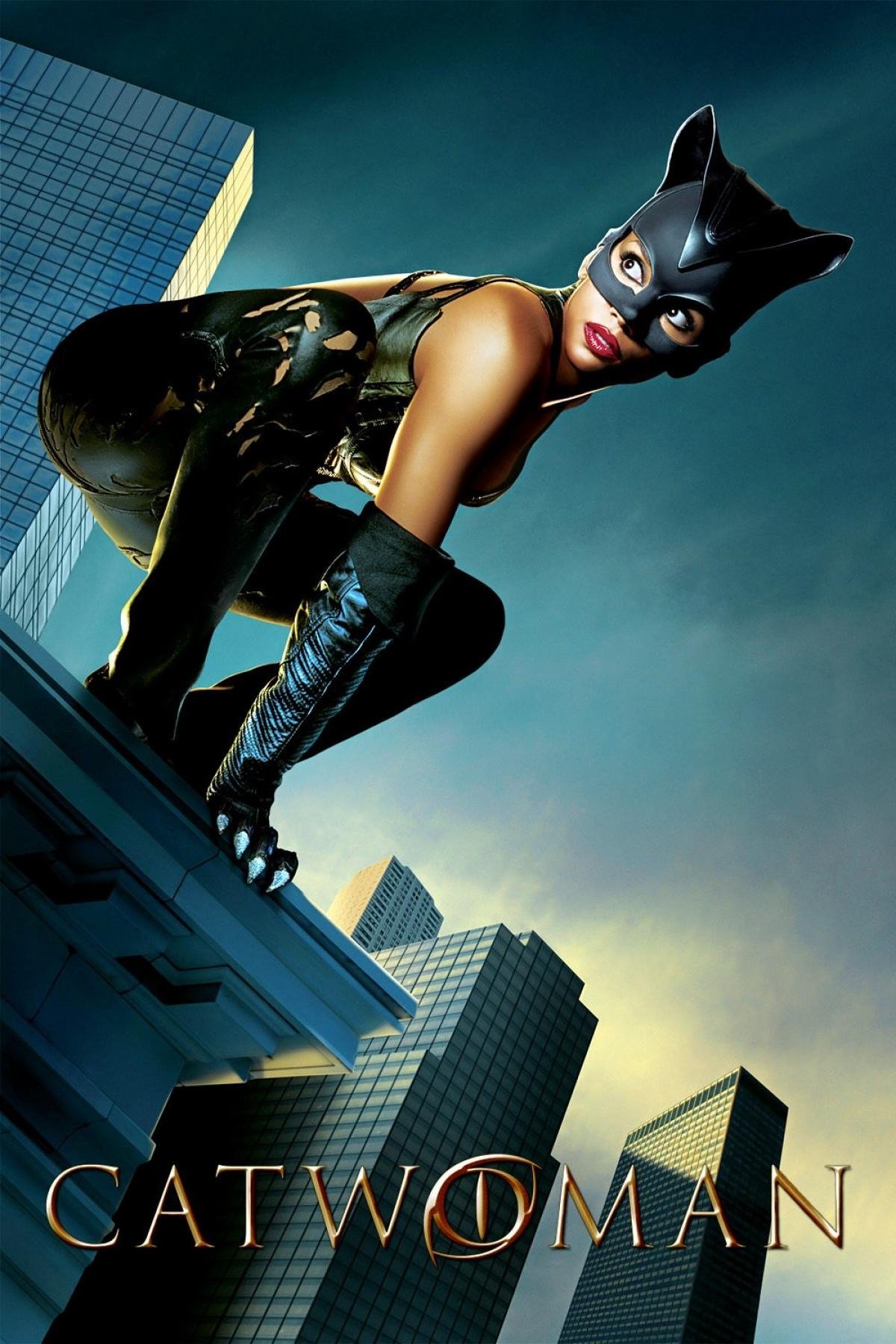
Warner Bros. decided to completely reinvent Catwoman, distancing her from the Batman stories and comics. They hired a visual effects expert named Pitof to direct, aiming for a stylish, music video-like look. The movie featured fast-paced editing and a plot centered around a conspiracy within a cosmetics company, rather than traditional superhero action. Critics universally disliked the film, and it received several Golden Raspberry Awards (known as ‘Razzies’).
‘The Invasion’ (2007)

Warner Bros. wasn’t satisfied with the first version of the film, finding it too slow and lacking excitement. They brought in the Wachowskis to revise the story and James McTeigue to film new action scenes. However, the final movie felt disjointed, awkwardly combining a deliberate, suspenseful tone with typical zombie action. Ultimately, the film didn’t earn back its production costs and critics found it failed to build genuine tension.
‘All the Pretty Horses’ (2000)
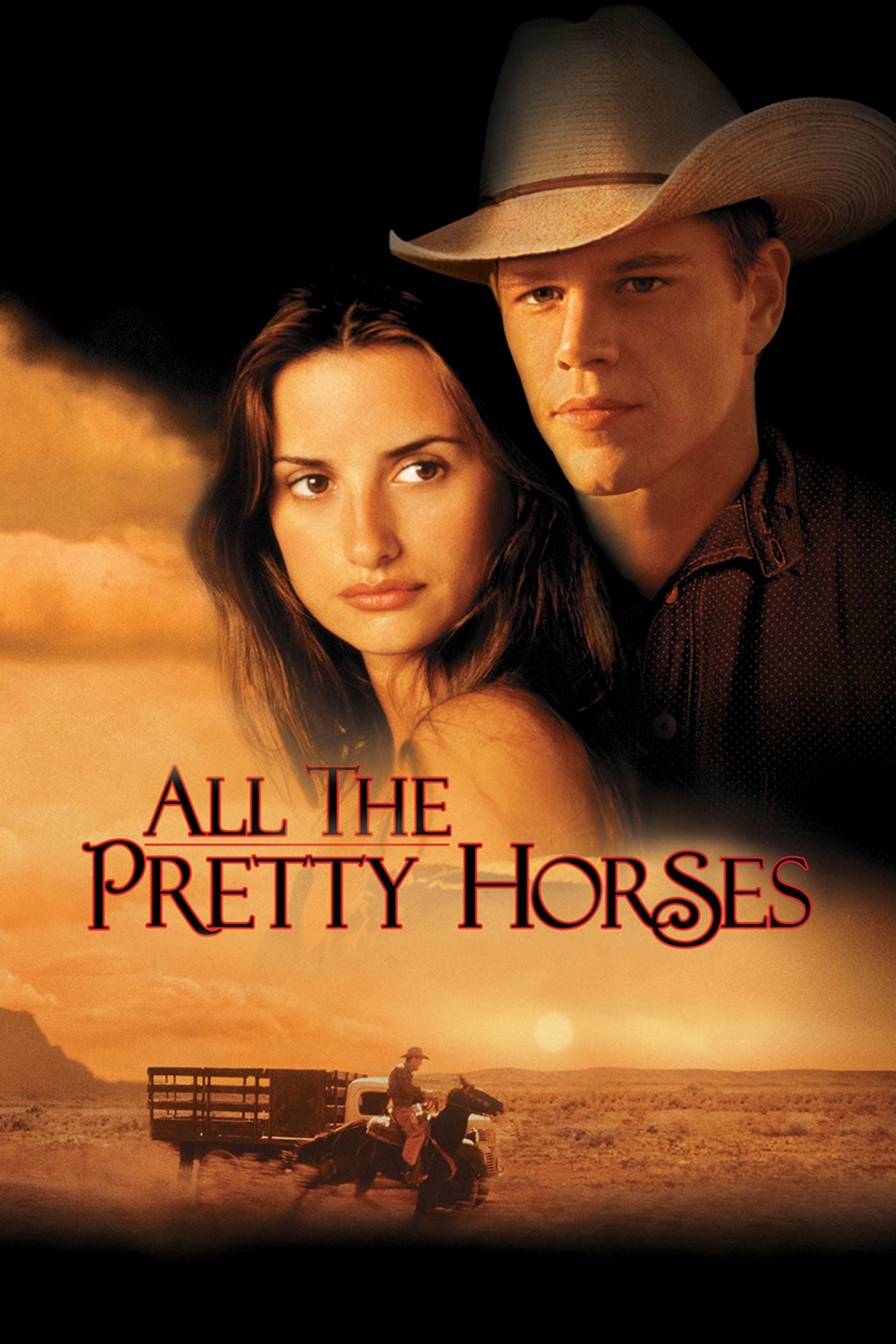
Billy Bob Thornton’s initial cut of the film was almost four hours long and closely followed the style of Cormac McCarthy’s book. However, Harvey Weinstein at Miramax demanded it be shortened to under two hours. They also discarded the original music score by Daniel Lanois, opting for a more conventional Hollywood sound. This shorter version lost much of the story’s depth and didn’t receive positive reviews or attract audiences.
‘The Wolfman’ (2010)
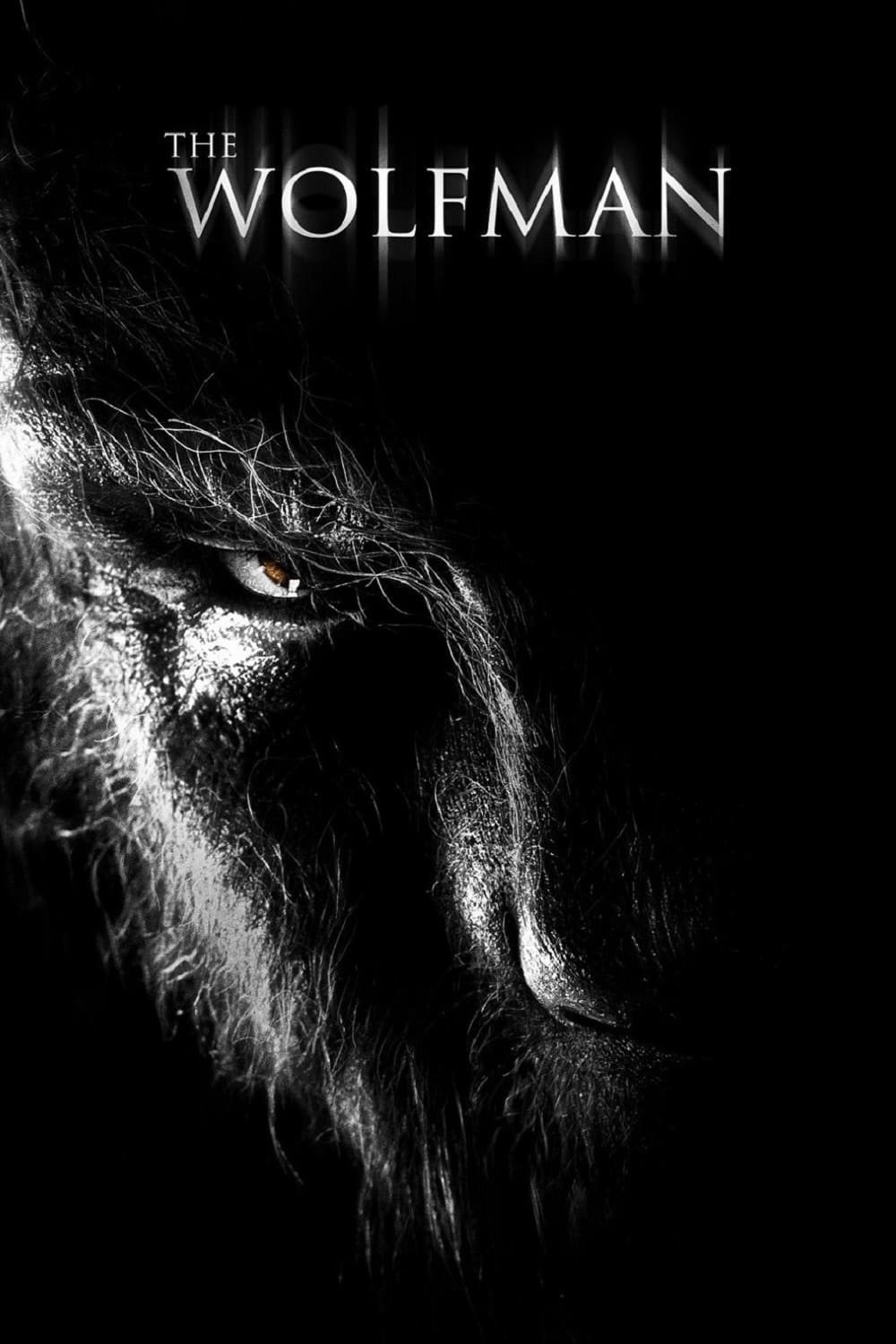
As a fan, it was really disappointing to learn about all the trouble making this movie! Apparently, they went through a bunch of directors before finally picking Joe Johnston super close to the start of filming. Then, the studio decided they wanted a lot more CGI for the transformations instead of the cool practical effects they’d originally planned. They even had to reshoot a ton of stuff, changing the ending and throwing in more jump scares. Sadly, all that extra work and money didn’t pay off, and the movie ended up losing the studio a lot of money. It’s a shame because it could have been so much better!
‘Hellboy’ (2019)
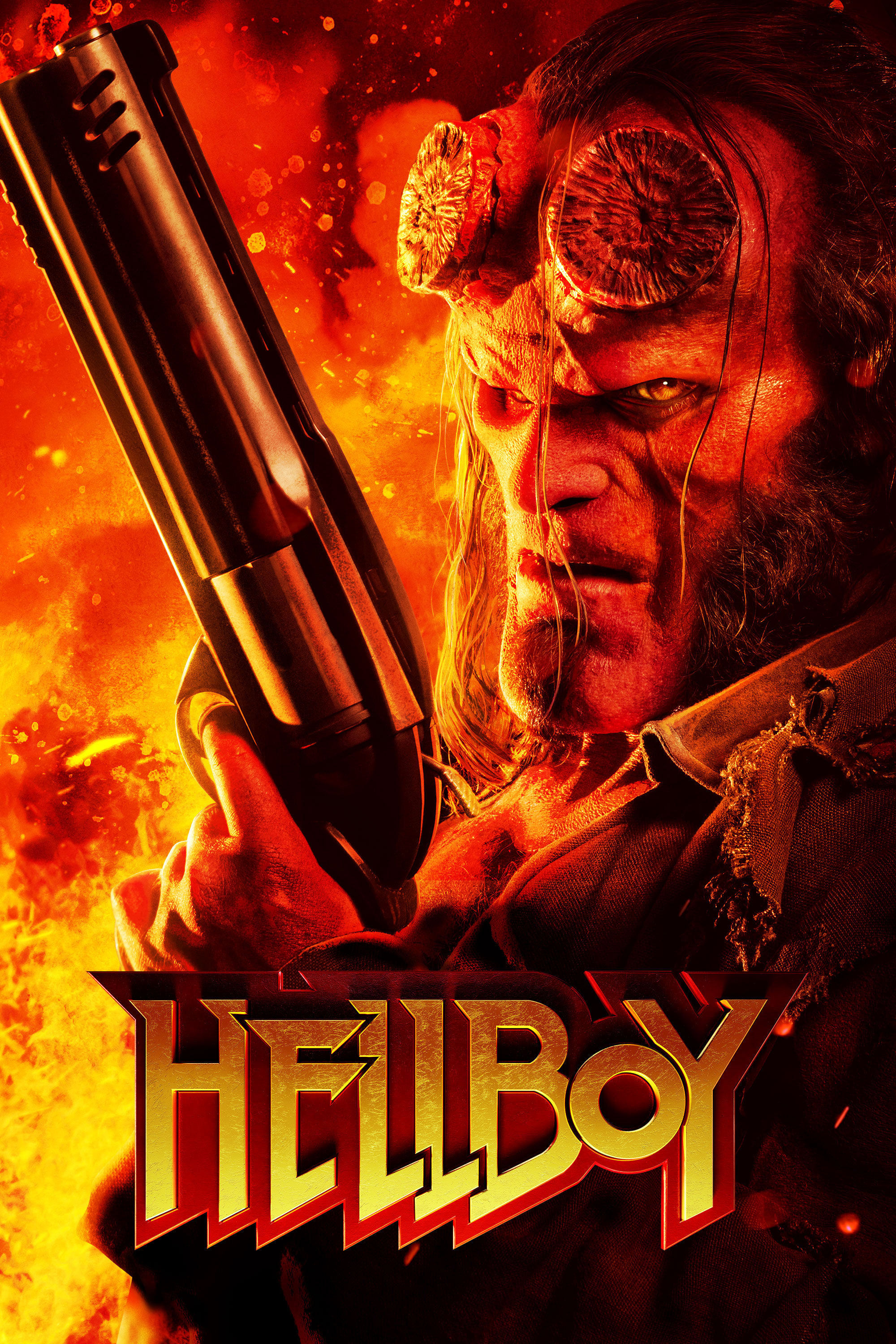
The director, Neil Marshall, often disagreed with the producers about how the creatures should look and the overall feel of the story. There were even reports of the script being changed during filming to meet the producers’ demands. These creative differences, especially regarding violence and humor, resulted in a film that felt inconsistent. Ultimately, the reboot didn’t recapture what made the earlier films, directed by Guillermo del Toro, so special, and it performed poorly in theaters.
‘Dark Phoenix’ (2019)
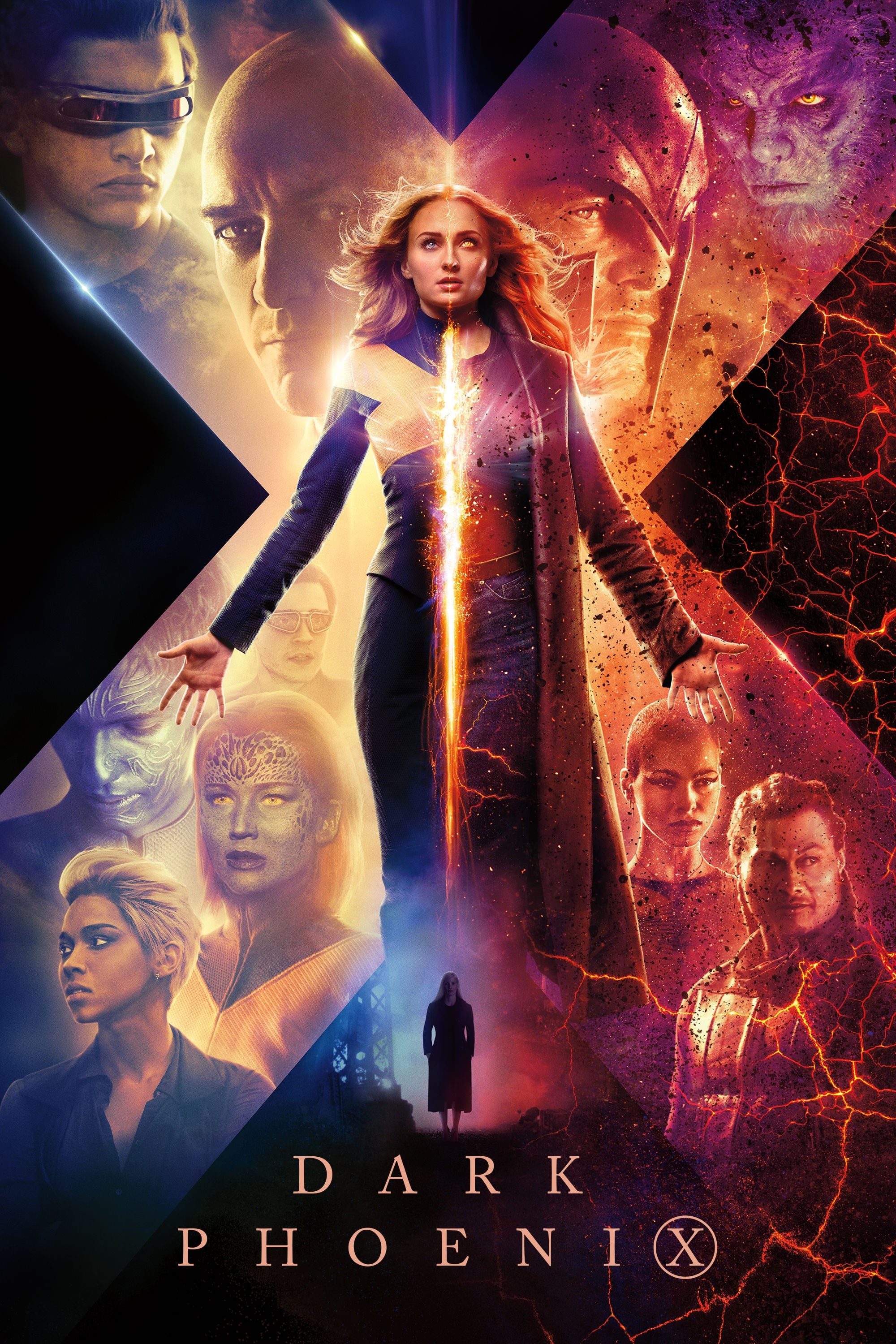
The film’s original ending had to be completely redone because it was too similar to another superhero movie. Complicating matters, Disney bought 20th Century Fox while the film was still being finished, which led to less marketing and put the project on hold. As a result, the filmmakers had to simplify the story and create a more realistic ending. Ultimately, the movie performed poorly at the box office, becoming the lowest-earning film in the X-Men series.
‘Chaos Walking’ (2021)
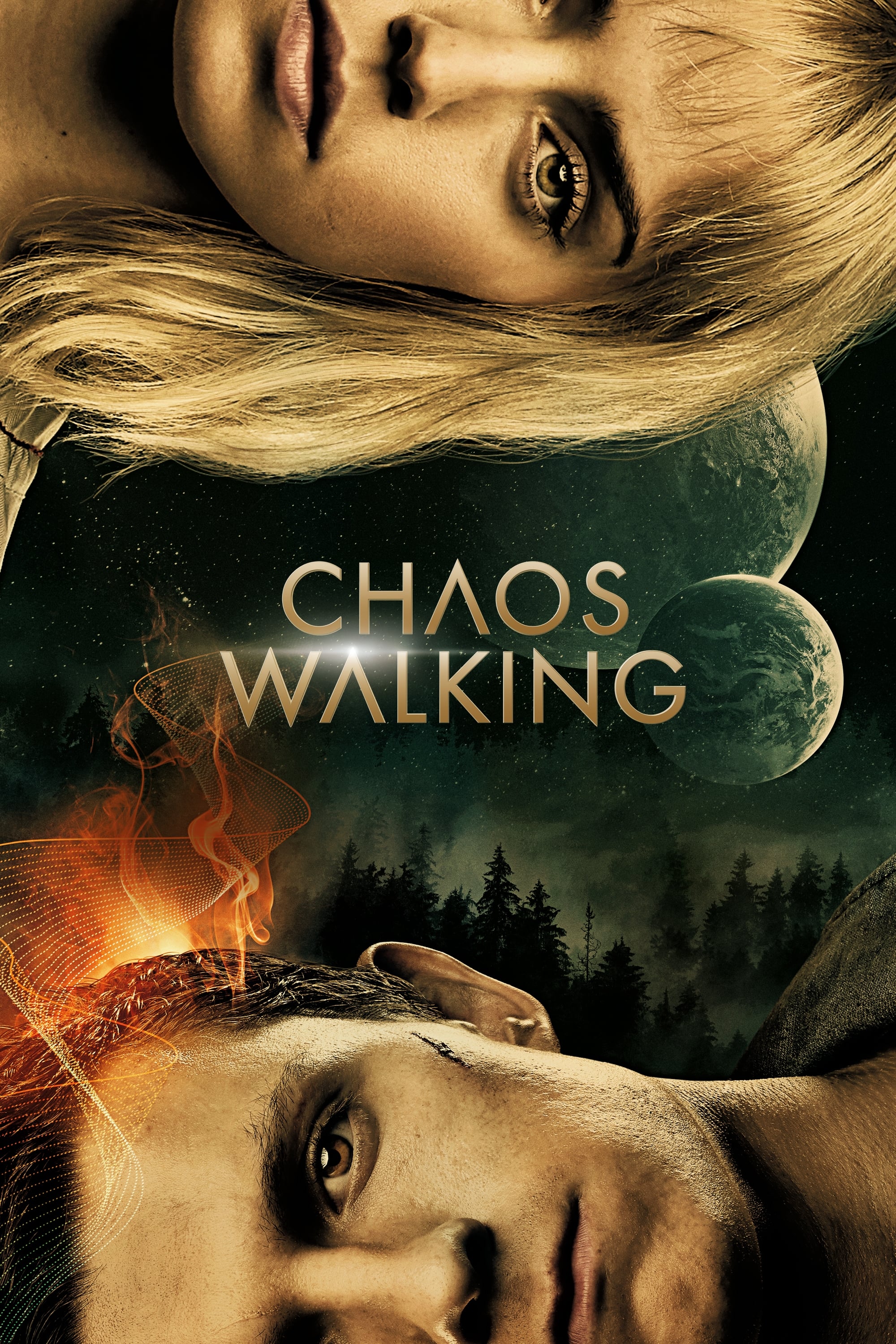
After disappointing test audiences in 2018, Lionsgate initially considered the film unsalvageable. It was put on hold for years while the studio waited for the actors to be available for costly additional filming. Director Fede Álvarez was then brought on board to help create new scenes that would make the story easier to follow. This extended delay and increasing costs ultimately forced the studio to take a significant financial loss.
Share your thoughts on which studio-meddled disaster disappointed you the most in the comments.
Read More
- 2025 Crypto Wallets: Secure, Smart, and Surprisingly Simple!
- Brown Dust 2 Mirror Wars (PvP) Tier List – July 2025
- Gold Rate Forecast
- Wuchang Fallen Feathers Save File Location on PC
- Banks & Shadows: A 2026 Outlook
- The 10 Most Beautiful Women in the World for 2026, According to the Golden Ratio
- Gemini’s Execs Vanish Like Ghosts-Crypto’s Latest Drama!
- HSR 3.7 breaks Hidden Passages, so here’s a workaround
- QuantumScape: A Speculative Venture
- ETH PREDICTION. ETH cryptocurrency
2025-11-26 05:51